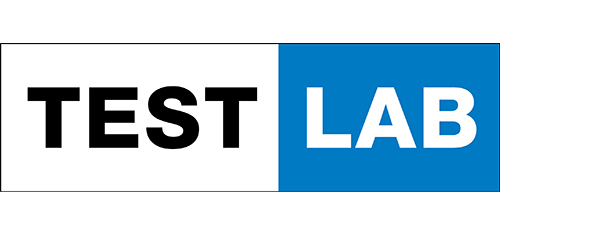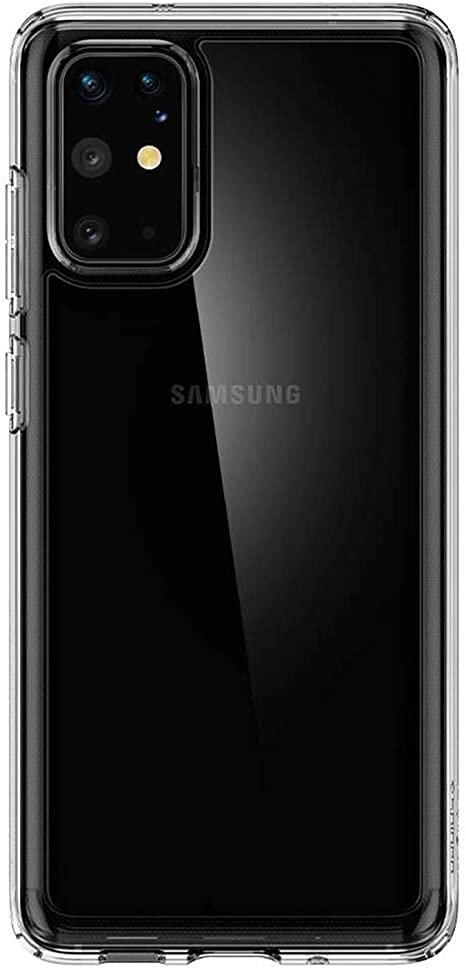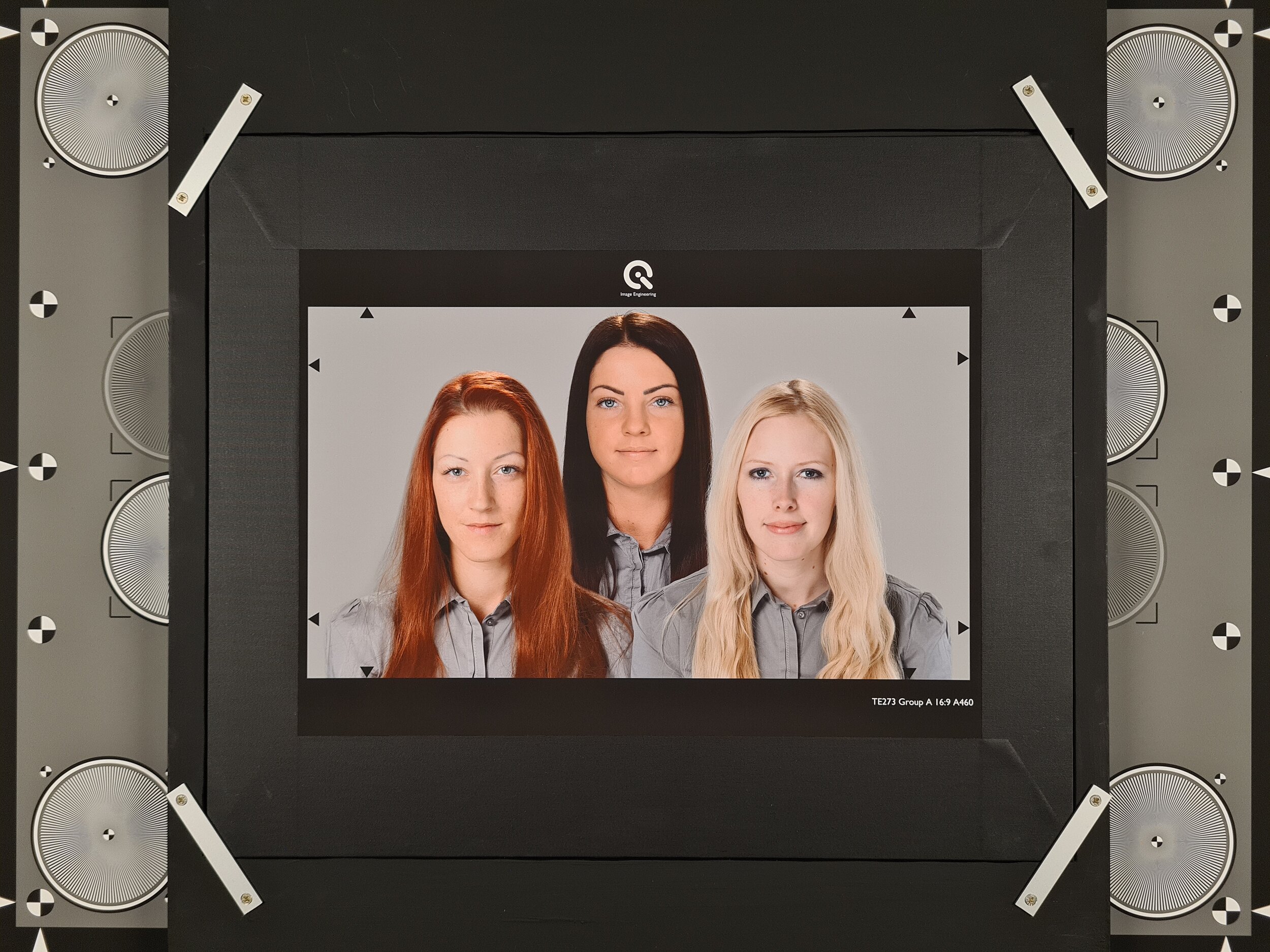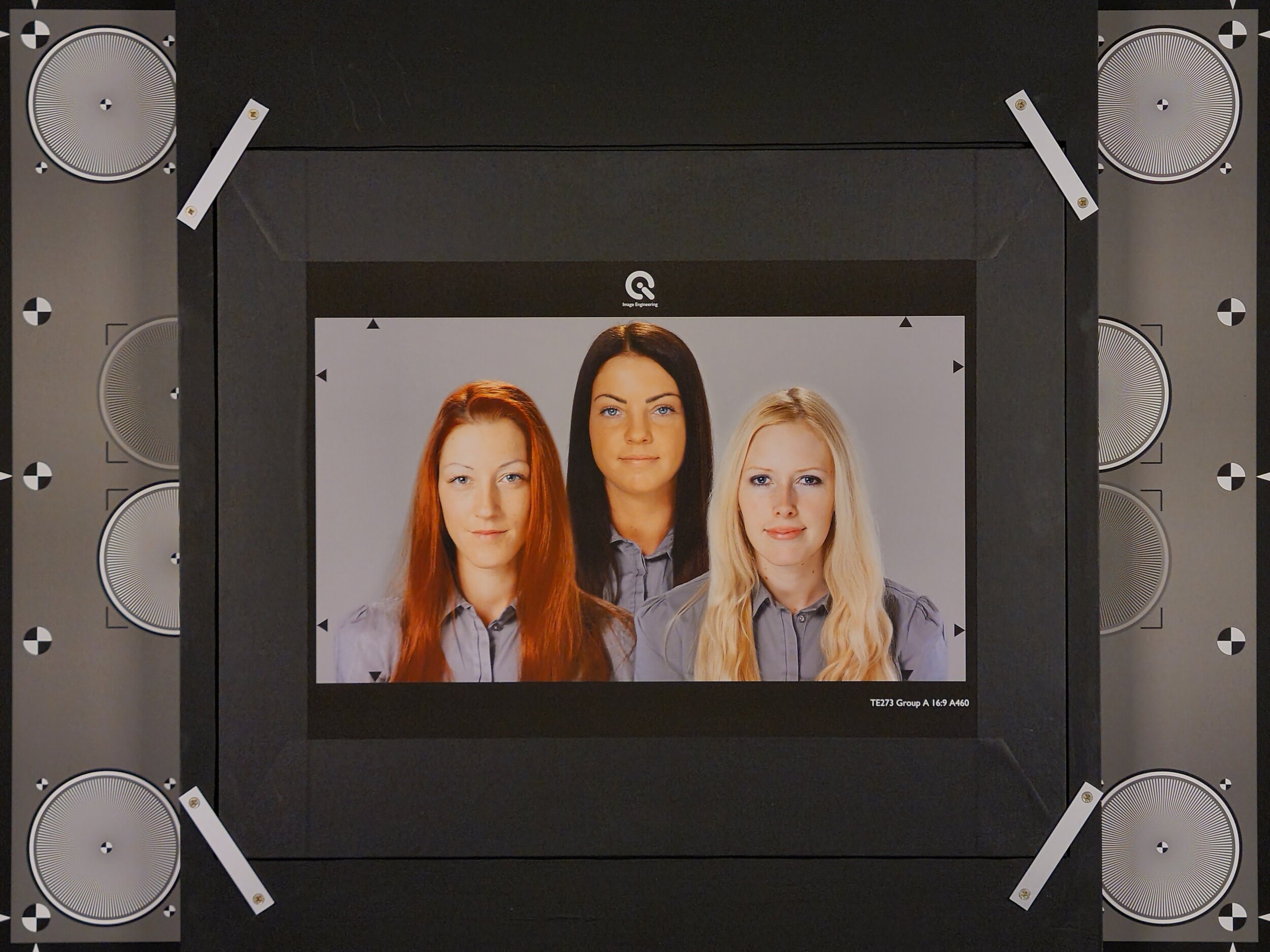In addition to the actual main camera, offering 12 MP, the S20 Plus features an equally very good second main camera with 64 MP and a similar wide angle lens. So with the S20 Plus, the photographer does not change the resolution of one camera, but uses the 64 MP in bright light and the 12 MP in lower light The 64 MP camera also serves as a convincing 2x zoom – as long as the lighting is sufficient. The Super wide angle lens is good, but does not play in the top league. Overall, the phone offers a very solid performance.
Wide angle (main camera 1) – 1.8/5.4 mm lens
(35mm equivalent: 25 mm), 12 MP sensor, JPEG with 12 MP
Wide angle (main camera 2) – 2/5.9 mm lens
(35mm equivalent: 25 mm), 64 MP sensor, JPEG with 64 MP
Samsung builds two wide angle cameras into the S20 Plus. The first one operates at 12 MP and in comparison quite large pixels, the second one at 64 MP and a very similar angle of view. This second camera is one of the few with a high-resolution sensor which does not use pixel binning. Pixel binning uses neighboring pixels not for different colors, but as blocks of four, more rarely nine pixels, which are equipped with the same color filter. Thus, the pixels make up units with a larger area, which increases sensitivity when it gets dark. However, compared to a sensor of the same resolution not using pixel binning, this technique reduces color resolution and the reproduction of details. This is also true when these sensors are read out at full resolution.
In bright light, the 64 MP JPEGs are the better choice. The 64 MP images then offer finer details at a considerably higher resolution in high-contrast structures – but not in low-contrast structures. Additionally, in the 64 MP less artefacts catch the eye – even if at high magnification, a certain noise becomes visible. The signal processing does a less good job for the 12 MP JPEGs: It produces heavily exaggerated, artificial looking photos as it enhances edges too strongly. The 64 MP images from the Galaxy S20 Plus can not quite compete with the performances of the Huawei P40 Pro or OnePlus 8 Pro, but they still offer a solid performance in the upper league.
But when the light decreases, the performance of the 64 MP camera drops faster than at the mentioned both competitors. Then, the 12 MP images are the better choice – offering clearly better Dead Leaves values, but still a too hard modulation. This tendency is also true for night shots. Our assessment is based on the the overall higher score of the 12 MP solution.
Normal focal length – 2/5.9 mm lens
(35mm equivalent: 50 mm), 64 MP sensor, JPEG with 12 MP and 64 MP
The 64 MP wide angle camera also serves as a normal and tele lens solution with then 12 megapixels by default. Zooming can also be done at 64 MP resolution, but this is not reasonable, as the camera obviously only uses the center of the sensor for the normal and tele images. The results of the 2x zoom are among the best in our test. In lower lights, the images are a little noisy but still okay. But in night shots, too many details are damaged. Compared to the wide angle cameras, the normal camera is a little worse.
Tele lens – 2/5.9 mm
(35mm equivalent: 70 mm), 64 MP sensor, JPEG with 12 MP
The 64 MP module performs less convincingly when used as a 3x zoom. The results are okay in bright light, but when the lighting decreases, we recommend to stick with the 2x zoom. Above that, the S20 Plus enhances edges more heavily in the 3x zoom mode than in the 2x zoom setting, which costs additional points.
Super wide angle – 2.2/2.2 mm lens
(35mm equivalent: 15 mm), 12 MP sensor, JPEG with 12 MP
The super wide angle camera offers a solid performance – still, the gap to the Huawei P40 Pro or the OnePlus 8 Pro is distinct. Still it is a good feature to have, and in bright light it offers a neat imaging quality. But when the light decreases, too many details get lost.
|
Device |
Samsung Galaxy S20 plus |
|
Average market price |
800 Euro |
|
Functionality |
|
|
Image formats |
JPEG, RAW |
|
Focusing |
Phase AF |
|
ISO sensitivity |
ISO auto, man: 50-3200 |
|
Exposure control |
Auto, M |
|
Shutter speed, Exposure correction |
auto, man: 1/12000-30 s, ±2 f-stops |
|
White balance |
auto, Kelvin |
|
Features |
|
|
Display |
AMOLED, 6,7", 3200 x 1440 Pixels |
|
Internal memory, Memory card, USB |
128 GB, microSDHC/microSDXC, USB 3.2 Gen 1 Type C |
|
Video |
7680 x 4320 Pixels, 24 F/s |
|
Size, Weight, Battery capacity |
162 x 74 x 8 mm, 186 g, 4500 mAh |
|
Test results |
|
|
measured at |
5000 | 200 | 5 Lux |
|
Wide angle (main lens) |
|
|
5000 Lux - Lens, Res., ISO, Exposure |
1,8/5,4 mm, 4032 x 3024 Px, ISO 50, 4 ms |
|
200 Lux - Lens, Res., ISO, Exposure |
1,8/5,4 mm, 4032 x 3024 Px, ISO 200, 25 ms |
|
5 Lux - Lens, Res., ISO, Exposure |
1,8/5,4 mm, 4032 x 3024 Px, ISO 200, 1000 ms |
|
Image stabilization |
IS |
|
Resolution Center High/Low (LP/IH) |
1512 / 1493 | 1512 / 1514 | 1133 / 1047 |
|
Resolution Edge High/Low (LP/IH) |
1564 / 1158 | 1610 / 1168 | 1023 / 828 |
|
Resolution Corners High (LP/IH) |
1601 | 1497 | 989 |
|
Dead leaves High/Low (LP/IH) |
1152 / 1182 | 1177 / 1197 | 852 / 749 |
|
Artefacts High/Low |
24 / 22 | 22 / 21 | 26 / 50 |
|
Noise (VN)/Color accuracy (deltaE) |
2,1 / 18 | 2,4 / 12,7 | 2,2 / 20,8 |
|
Distortion (%)/Vignetting (%) |
0,2 / 28 | 0,2 / 28 | 0,2 / 59 |
|
Points |
67,5 | 69,8 | 49,4 |
|
Score Wide angle lens |
84 |
|
Normal lens (2x zoom) |
|
|
5000 Lux - Lens, Res., ISO, Exposure |
2,0/5,90 mm, 4032 x 3024 Px, ISO 50, 10 ms |
|
200 Lux - Lens, Res., ISO, Exposure |
2,0/5,90 mm, 4032 x 3024 Px, ISO 250, 30 ms |
|
5 Lux - Lens, Res., ISO, Exposure |
2,0/5,90 mm, 4032 x 3024 Px, ISO 320, 500 ms |
|
Image stabilization |
IS |
|
Resolution Center High/Low (LP/IH) |
1648 / 1281 | 1588 / 1111 | 1195 / 838 |
|
Resolution Edge High/Low (LP/IH) |
1495 / 1219 | 1380 / 1028 | 1019 / 827 |
|
Resolution Corners High (LP/IH) |
1572 | 1352 | 985 |
|
Dead leaves High/Low (LP/IH) |
989 / 815 | 840 / 643 | 508 / 380 |
|
Artefacts High/Low |
22 / 34 | 42 / 57 | 29 / 27 |
|
Noise (VN)/Color accuracy (deltaE) |
1,8 / 17,8 | 2,3 / 11,0 | 2,4 / 17,6 |
|
Distortion (%)/Vignetting (%) |
0,3 / 27 | 0,3 / 28 | 0,3 / 54 |
|
Points |
68,6 | 62,2 | 44,8 |
|
Score Normal lens (2x zoom) |
80 |
|
Tele lens |
|
|
5000 Lux - Lens, Res., ISO, Exposure |
2,0/5,90 mm, 4032 x 3024 Px, ISO 50, 10 ms |
|
200 Lux - Lens, Res., ISO, Exposure |
2,0/5,90 mm, 4032 x 3024 Px, ISO 200, 33 ms |
|
5 Lux - Lens, Res., ISO, Exposure |
2,0/5,90 mm, 4032 x 3024 Px, ISO 320, 500 ms |
|
Image stabilization |
IS |
|
Resolution Center High/Low (LP/IH) |
1233 / 975 | 1116 / 809 | 783 / 540 |
|
Resolution Edge High/Low (LP/IH) |
1136 / 931 | 1037 / 807 | 719 / 566 |
|
Resolution Corners High (LP/IH) |
1128 | 1017 | 645 |
|
Dead leaves High/Low (LP/IH) |
704 / 606 | 512 / 453 | 313 / 229 |
|
Artefacts High/Low |
30 / 42 | 53 / 62 | 18 / 14 |
|
Noise (VN)/Color accuracy (deltaE) |
2,3 / 17,8 | 3,6 / 11,4 | 1,9 / 21,9 |
|
Distortion (%)/Vignetting (%) |
0,2 / 19 | 0,2 / 17 | 0,2 / 25 |
|
Points |
54,7 | 45,6 | 29,2 |
|
Score Tele lens |
63 |
|
Super wide angle lens |
|
|
5000 Lux - Lens, Res., ISO, Exposure |
2,2/2,20 mm, 4032 x 3024 Px, ISO 50, 6 ms |
|
200 Lux - Lens, Res., ISO, Exposure |
2,2/2,20 mm, 4032 x 3024 Px, ISO 400, 25 ms |
|
5 Lux - Lens, Res., ISO, Exposure |
2,2/2,20 mm, 4032 x 3024 Px, ISO 320, 1000 ms |
|
Image stabilization |
– |
|
Resolution Center High/Low (LP/IH) |
1279 / 1187 | 1196 / 1119 | 862 / 845 |
|
Resolution Edge High/Low (LP/IH) |
1322 / 1040 | 1210 / 866 | 873 / 720 |
|
Resolution Corners High (LP/IH) |
1101 | 989 | 722 |
|
Dead leaves High/Low (LP/IH) |
603 / 876 | 518 / 644 | 434 / 444 |
|
Artefacts High/Low |
39 / 42 | 53 / 56 | 24 / 71 |
|
Noise (VN)/Color accuracy (deltaE) |
2,2 / 20,0 | 1,9 / 12,2 | 2,8 / 20,7 |
|
Distortion (%)/Vignetting (%) |
0,1 / 33 | / 40 | 0,1 / 72 |
|
Points |
58,6 | 53,8 | 35,6 |
|
Score Super Wide angle lens |
68 |
|
Score 5000 | 200 | 5 Lux |
82 | 76 | 53 |
|
Overall score camera qb |
75 |
Samsung Galaxy S20 plus
75
very good
SAMPLE PHOTOS
Wide angle (main camera 1) – 1.8/5.4 mm lens (12 MP JPEGs)
Full Light (5000 Lux)
Low Light (200 Lux)
Night Shot (5 Lux)
Normal focal length – 2/5.9 mm lens (12 MP JPEGS)
Full Light (5000 Lux)
Low Light (200 Lux)
Night Shot (5 Lux)
Tele lens – 2/5.9 mm (12 MP JPEGS)
Full Light (5000 Lux)
Low Light (200 Lux)
Night Shot (5 Lux)
Super wide angle – 2.2/2.2 mm lens (12 MP JPEGS)
Full Light (5000 Lux)
Low Light (200 Lux)
Night Shot (5 Lux)















